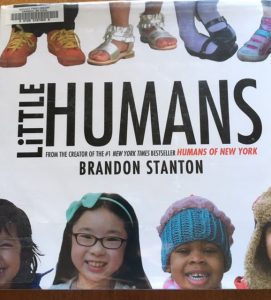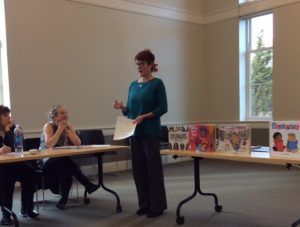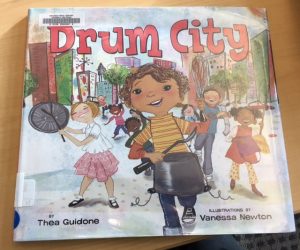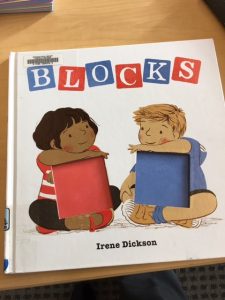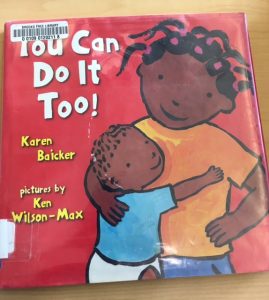Can children’s books fight prejudice, oppression, and injustice? Absolutely.
Yesterday I presented a teacher training about structuring the read-aloud experience for maximum benefit to young children. This gave me the chance to weave together two strands I am passionate about: early literacy and social justice.
It’s hard to keep my focus as an educator and writer when so much of what I love about this country is under assault: freedom, diversity, a value on the arts and sciences. I could go on. There was a bright spot this week, something that helped me to gather my strength: Mirah Curzer’s recent article on Medium, “How to Stay #Outraged Without Losing Your Mind.”
Curzer wrote about the various ways we can counter the intolerance and injustice we are seeing in the new administration:
“Don’t forget to play to your strengths… If you’re a writer, write articles shedding light on important issues, convincing the other side or rallying your allies to action. If you’re an artist, make art with a conscience. Teachers can bring social justice into your curriculum. Lawyers can volunteer at free legal clinics, write amicus briefs, do pro bono work. Like to argue? …Love to bake? Bring cookies to activist meetings and homeless shelters. No matter what your passion is, there’s a way to use it for good and have a great time doing it.”
So that’s what I did yesterday, which also happened to be Multicultural Children’s Book Day. I presented about the read-aloud experience to a group of passionate Head Start teachers, educators who spend their careers working with children from low-income circumstances. Many of the children in their classrooms have experienced trauma and major challenges. We talked about windows and mirrors and how vocabulary equals power.
We examined beautiful books and how to use them in the Head Start classrooms. I left feeling a little less bleak, a little more energized. We can each wage this fight in our own way, with the tools we have at hand.
My tools are books.
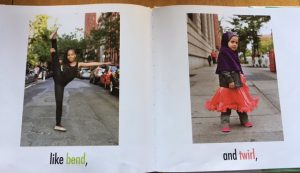
Let’s keep fighting.

